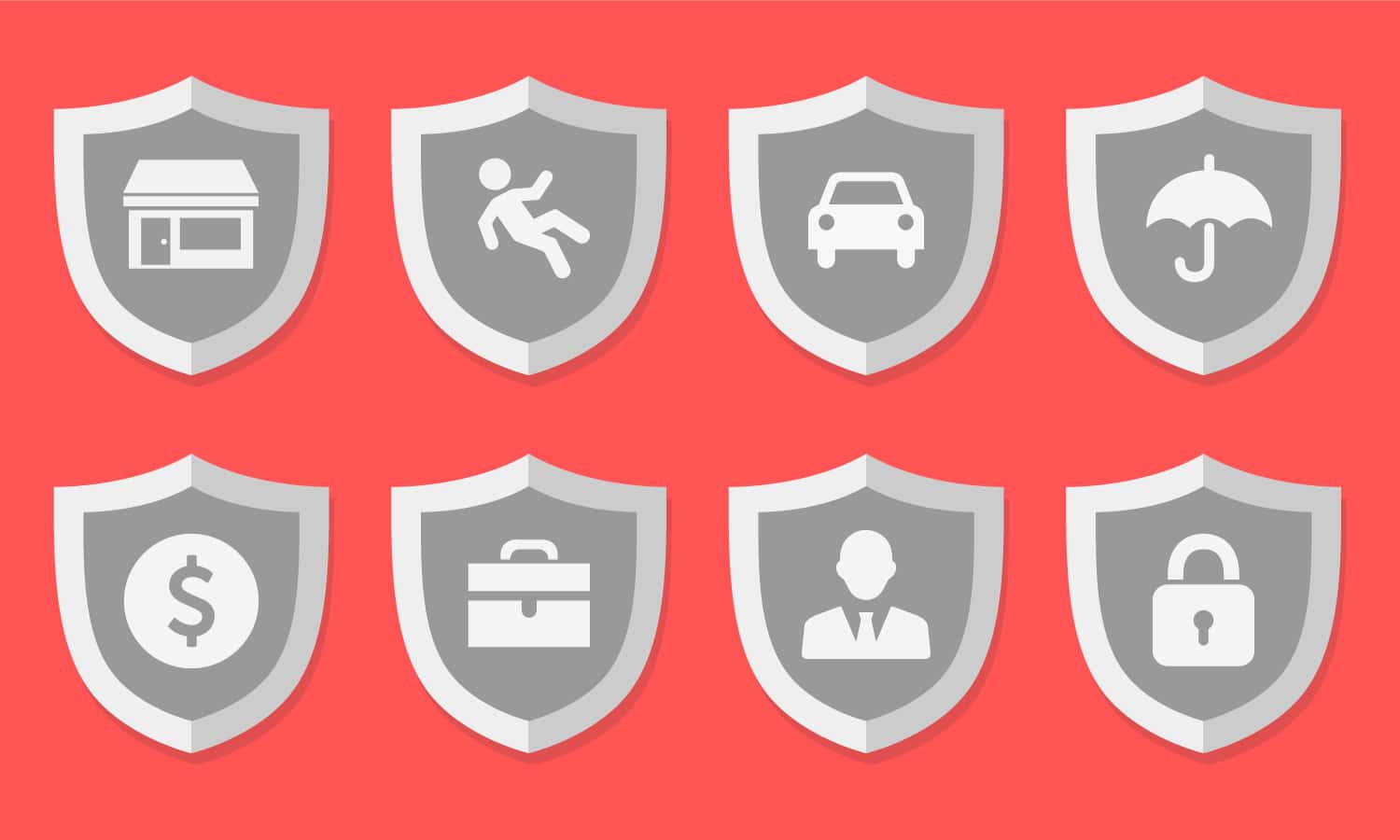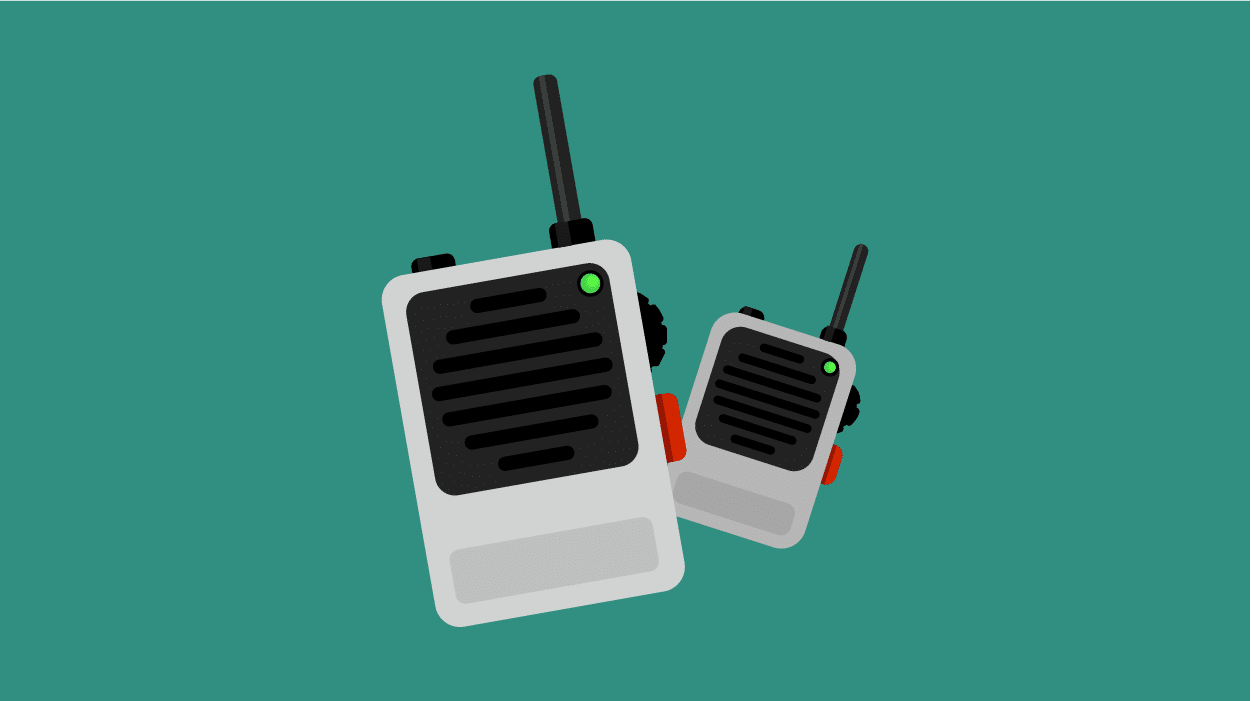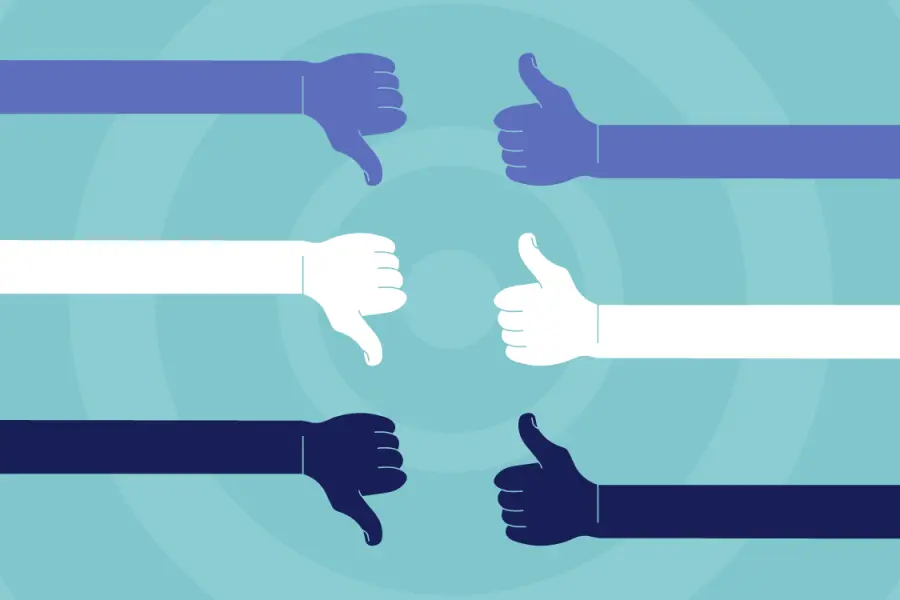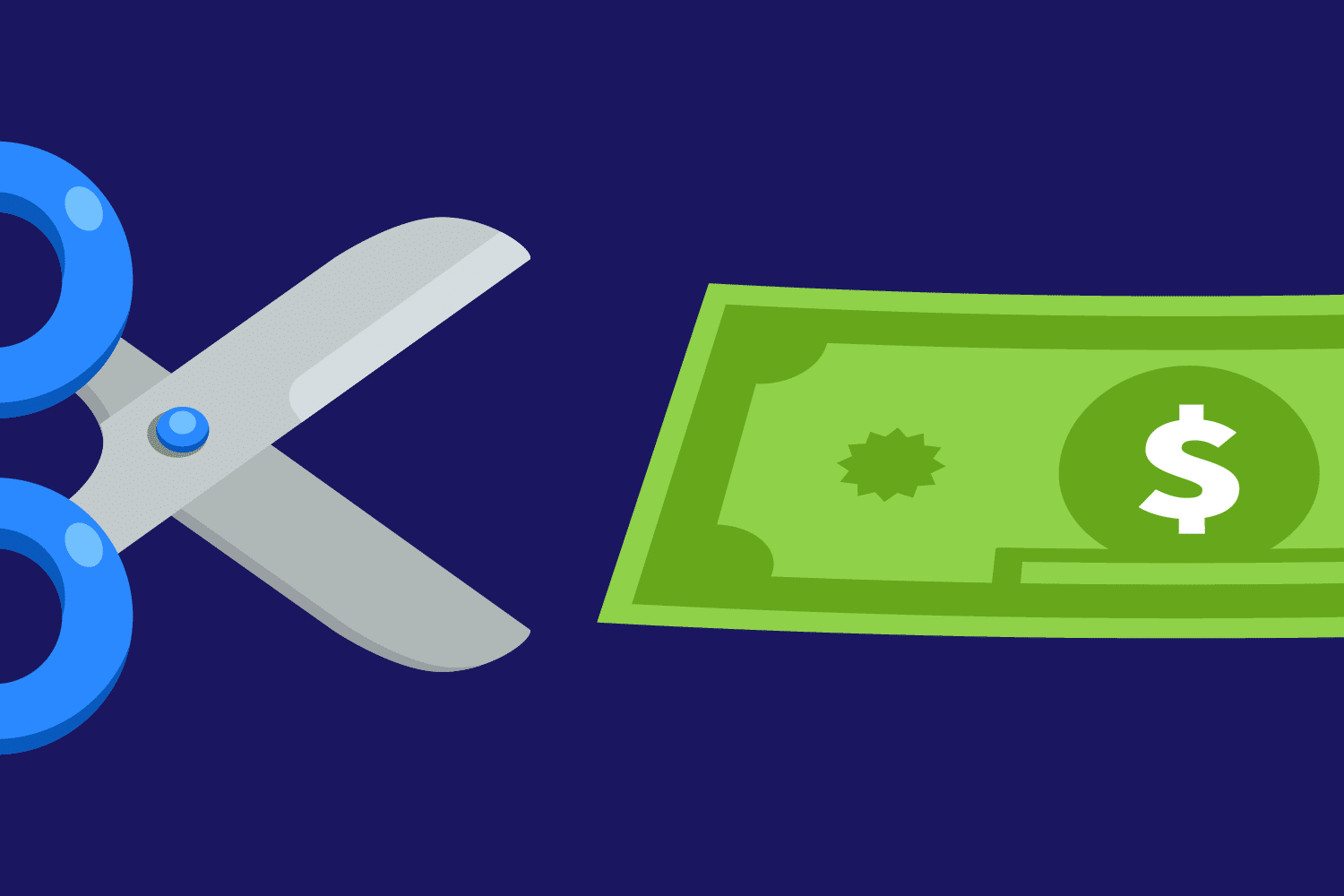As a startup, navigating the world of business insurance can seem daunting, yet it’s not something to blow off. A few things can destroy your business before it even takes off, and not having insurance tops that list.
Entrepreneurship is risky, and protecting your business from the start is crucial. A lawsuit, an accident, or an unpredictable event could be a death blow. But with the right insurance, your startup can protect its assets and avoid disaster.
How do you determine what coverage you need? It doesn’t have to be complicated. Think about what risks you face, how much you can spend, and what laws you need to follow.
Here’s what you need to consider:
- Liability coverage: Decide how much you need.
- Premiums: Look at what you can afford.
- Coverage requirements: Check what’s required by your state or industry.
- Carrier: Choose a trustworthy provider.
- Policy details: Understand the limits and deductibles.
- Rates: Compare different costs.
In this article, we’ll go over all the major forms of business insurance. We’ll also break down each type of coverage so you can decide what you need.
Here’s what you’ll learn about each type:
- Who needs it
- Why you need it
- What it covers
- Where to get it
Let’s get started.
12 types of business insurance every startup should consider:
Table of Contents
- Workers’ Compensation Insurance
- Commercial Property Insurance
- Product Liability Insurance
- Professional Indemnity Insurance
- Commercial Auto Insurance
- Business Owner’s Policy
- Cyber Liability Insurance
- General Liability Insurance
- Business Income Insurance
- Commercial Umbrella Insurance
- Key Person Insurance
- Directors & Officers Insurance
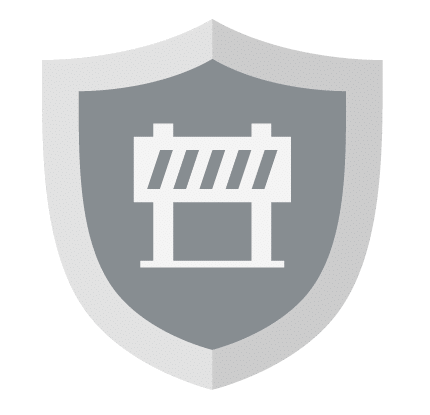
1. Workers’ Compensation Insurance
As soon as you hire your first employee, worker’s compensation insurance becomes essential. This coverage is not just a legal requirement in most states — it’s a fundamental aspect of protecting your business and its employees.
It covers medical costs for injuries incurred at work and benefits the employee’s family in case of death. Whether or not your employee performs low-risk work, every business carries potential dangers.
- Who needs it: Startups with employees
- Why you need it: On-the-job injuries or illnesses
- What it covers: Medical bills, disability benefits, death benefits
Where to get it:

Chubb
Chubb’s workers’ compensation insurance is for businesses of all sizes. It covers your employees in case of work-related injuries or illnesses, helping keep your workplace safe and secure. This insurance helps cover medical costs and lost wages if an employee gets hurt, ensuring you comply with laws and keep your business running smoothly.
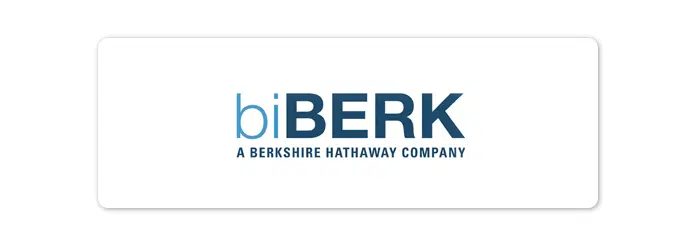
biBerk
biBERK’s workers’ compensation insurance covers employees’ medical costs and lost wages if they’re hurt on the job, ensuring your business runs smoothly. It helps pay for injuries, protects you from lawsuits, and complies with state laws, keeping your startup safe and legally sound.
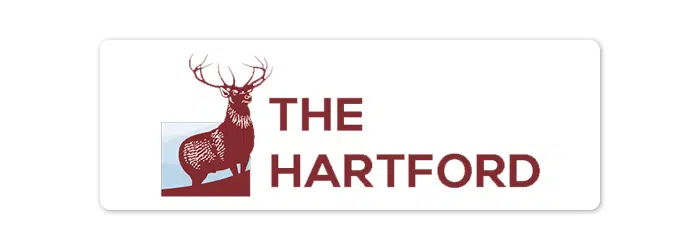
The Hartford
The Hartford’s workers’ compensation insurance is designed for businesses of all sizes, providing benefits to employees injured at work. It helps cover medical expenses and lost wages for injured employees, protecting your company from potential financial burdens.
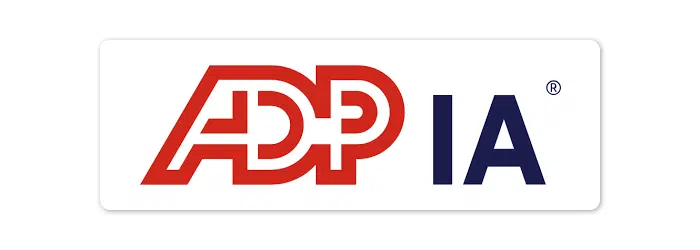
ADP IA
ADP’s workers’ compensation insurance helps small businesses manage risks and cover costs if an employee is injured at work. They offer a unique Pay-by-Pay® Program that aligns premium payments with payroll. This simplifies the process.

Markel
Markel offers workers’ compensation insurance to various businesses, from startups to established companies. This insurance covers employees for work-related injuries, supports immediate medical needs and ongoing care, and aligns with a commitment to workplace safety and compliance.

2. Commercial Property Insurance
Whether you own or lease your business space, property insurance is critical. It covers damage to equipment, furniture, and other items from fire, theft, burglary, or environmental disasters.
Floods and earthquakes might not be included, so check with your insurer — especially if you’re in a high-risk area. Additional policies or endorsements can extend your coverage for those unique risks, ensuring full protection against potential disasters.
- Who needs it: Startups that own a building, inventory, or equipment
- Why you need it: Fires, storm damage, burst pipes, vandalism, theft
- What it covers: Repair or replacement of lost or damaged business property
Where to get it:

Obie
Obie offers insurance specifically for landlords and real estate investors. Whether you own a single-family home or a big apartment complex, they’ve got you covered, even if the property is vacant, rented, or being renovated. As a newbie in the property game, you’ll want this to protect your investment against the unexpected.
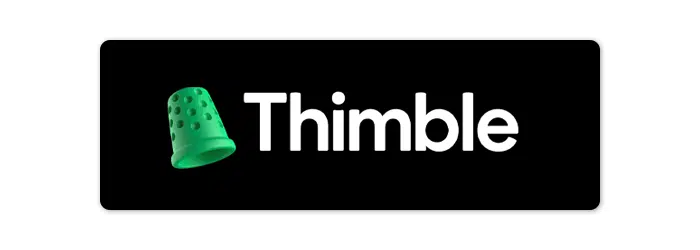
Thimble
Thimble offers commercial property insurance, which covers your place of business and the stuff inside from accidents or vandalism. This insurance is your safety net, keeping your business gears turning, even after unexpected events.
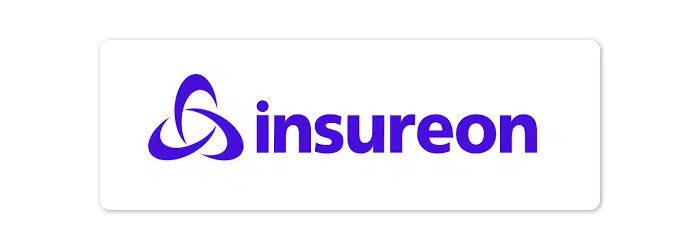
Insureon
Insureon offers commercial property insurance designed to protect your business’s physical assets. This insurance protects your property from damage or theft, ensuring your business runs smoothly. Protecting your assets with this insurance helps cover repair or replacement costs, guaranteeing minor setbacks don’t become big headaches.
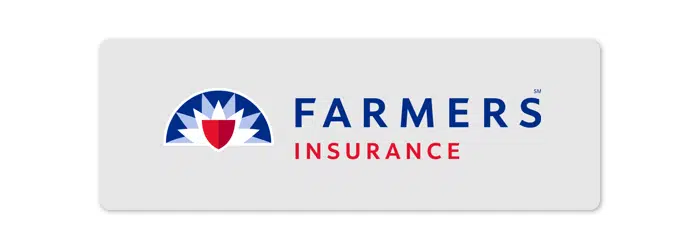
Farmers
Farmers provides insurance tailored for commercial real estate, ideal for various properties like malls or offices. This insurance protects against unexpected events, covering damages and lost income.

3. Product Liability Insurance
For manufacturers, product liability insurance is indispensable. It guards against lawsuits arising from damage caused by your products, even if you’ve ensured they are safe.
This tailored insurance can cover legal or court costs from such claims, protecting your business from significant financial repercussions.
- Who needs it: Startups that sell, manufacture, or distribute products
- Why you need it: Injuries or property damage caused by a defective product
- What it covers: Lawyer’s fees, court costs, settlements, judgments
Where to get it:
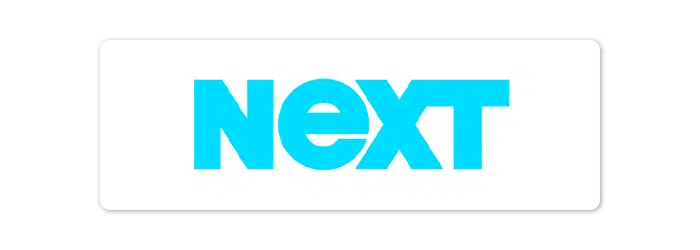
Next
Next Insurance offers product liability insurance tailored for small businesses. This type of insurance safeguards your business if someone claims that a product you sold or produced caused them harm or damaged their property. It covers legal fees, settlements, and medical costs if your product ends up causing harm. It’s all about protecting your business’s future from the unpredictable nature of product-related claims.
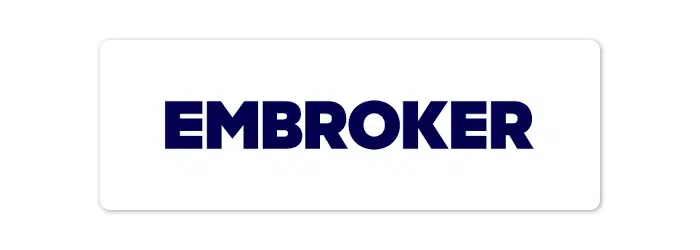
Embroker
Embroker provides product liability insurance, transferring the risk from your company to them, especially if your product causes injury or property damage. It’s suited for various goods, from food and clothing to complex machinery. This is key for manufacturers, sellers, and repairers of products. Product-related accidents can happen even with the best safety measures, affecting anyone interacting with your product.

Thimble
Thimble offers product liability insurance, part of general liability coverage, protecting against third-party claims from product-related harm. Creators and businesses must cover damages and legal costs if your product causes injury or property damage.

4. Professional Indemnity Insurance
Professional indemnity or professional liability insurance (professional liability and errors & omissions insurance) is crucial for service-based businesses. It protects against claims of harm caused by professional negligence, breach of contract, or mistakes in the services provided.
This coverage is vital for maintaining your business’s integrity and financial stability in the face of legal challenges.
- Who needs it: Startups that provide professional services or advice
- Why you need it: Work mistakes that caused an injury or financial loss
- What it covers: Lawyer’s fees, court costs, settlements, judgments
Where to get it:

Pogo
Pogo specializes in helping self-employed business owners find personalized professional liability plans from top providers. It happens — a customer claims your business was negligent, made a mistake, or failed to deliver a promised service. With Pogo, you are protected against unsatisfied customers.
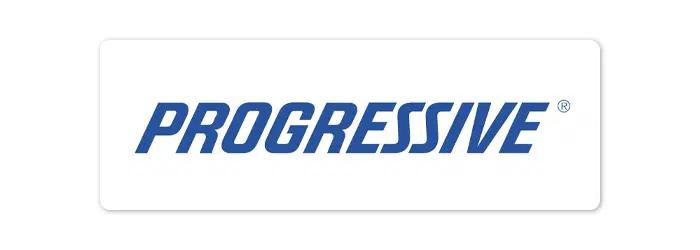
Progressive
Progressive commercial professional liability insurance, also known as errors and omissions insurance, is designed for professionals like consultants, architects, and accountants. It covers negligence claims and mistakes in the services provided.
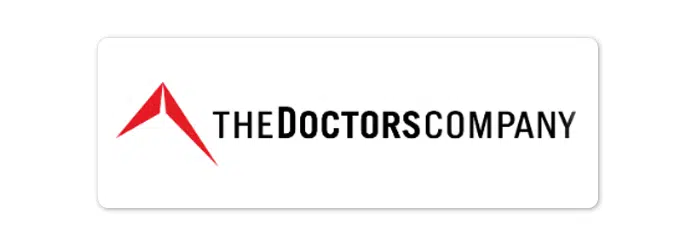
The Doctors Company
Just starting in healthcare? Professional liability insurance is key for protecting your career against claims and lawsuits. The Doctors Company offers specialized medical malpractice insurance for medical professionals.

5. Commercial Auto Insurance
If your business owns vehicles, comprehensive insurance is non-negotiable. It covers accidents, repairs, and medical bills from business-related vehicle incidents.
For businesses using personal vehicles for work, it’s important to have coverage beyond personal auto insurance to protect against business-related accidents.
- Who needs it: Startups that own a vehicle
- Why you need it: Injuries or property damage caused by a business vehicle, vehicle damage, theft, and vandalism
- What it covers: Lawyer’s fees, court costs, settlements, judgments
Where to get it:

Progressive
Commercial auto insurance is liability and physical damage protection for vehicles used for business, such as cars, trucks, and vans. Commercial vehicles require a separate policy because they’re typically exposed to more risk than personal ones. Progressive provides unique benefits, including custom policies, competitive rates, discounts, exceptional claims service, and more.
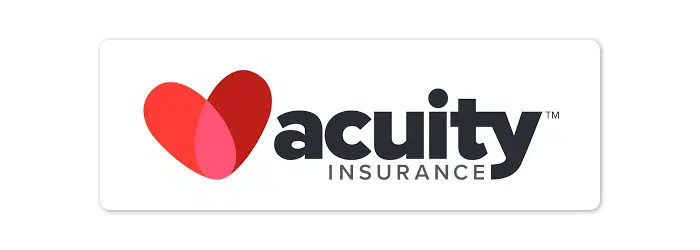
Acuity
Acuity’s commercial auto insurance provides liability and physical damage coverage for business-use vehicles, including cars, trucks, and vans. It’s meant for any business that relies on vehicles for daily operations. This insurance is vital for businesses that use vehicles, protecting against accidents and damages, securing your business assets, and ensuring continuity.

6. Business Owner’s Policy
A business owner’s policy (BOP) bundles essential coverage like property insurance, business interruption insurance, and liability insurance into one convenient package, often at a cost-saving compared to purchasing each policy separately.
A BOP is great for startups because it combines most of the insurance coverage a small business owner typically needs in one package.
- Who needs it: Startups that own or rent a workspace
- Why you need it: Third-party bodily injury, third-party property damage, product liability, advertising injuries, business property damage
- What it covers: BOPs combine commercial general liability and property, protecting you against a variety of claims
Where to get it:

Next
A Business Owner’s Policy (BOP) from Next is a smart choice for new small business owners. It bundles important coverages like property damage and legal fees into one package, which can be more cost-effective than buying them separately. Plus, it covers unique situations like advertising mistakes or business interruptions, making it a comprehensive safety net for unforeseen events in your business journey.

Embroker
Embroker’s Business Owners Policy (BOP) is designed for small businesses, combining essential coverages like commercial property, general liability, and business interruption insurance. This makes it a convenient and cost-effective option for startups seeking comprehensive protection quickly and efficiently. Ideal for businesses with straightforward insurance needs, it provides a solid coverage foundation.
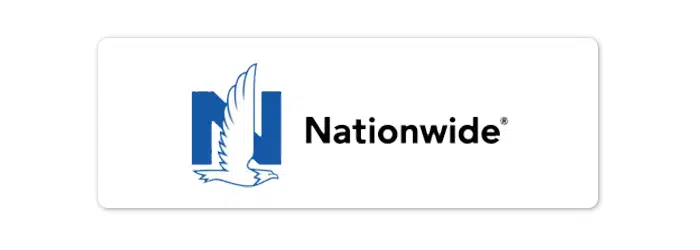
Nationwide
Nationwide offers a Business Owners Policy (BOP) combining property, liability, and business income insurance, tailored for small to medium-sized businesses. This policy helps protect your business location and assets, safeguards against legal claims, and compensates for lost income due to business interruptions.
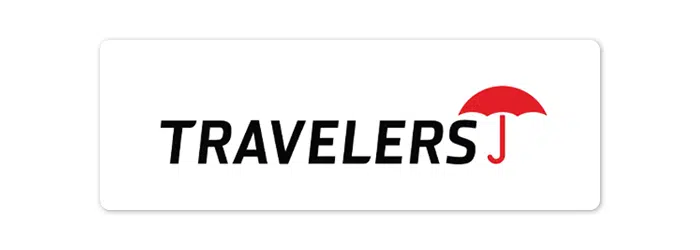
Travelers
Travelers offers a Business Owners Policy (BOP) combining property, liability, and business income insurance, ideal for small business owners. This insurance protects your business from unexpected events, ensuring continued operation even during tough times. The cost is customized based on your business’s specific needs, with options to fit your budget and coverage requirements.
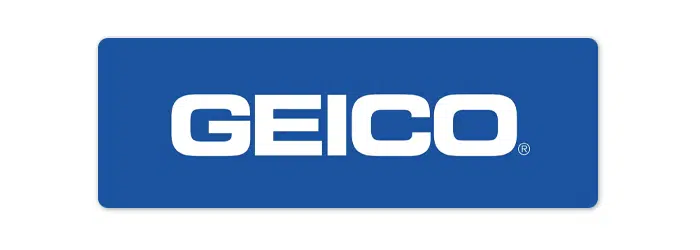
GEICO
GEICO offers a Business Owners Policy (BOP) that bundles property and liability insurance, making it an excellent fit for small and medium-sized businesses. This BOP protects you against property damage and liability claims, a must-have for peace of mind and legal protection. The cost varies based on business needs and risks, but GEICO is known for competitive rates.

7. Cyber Liability Insurance
In today’s digital age, protecting against cyber threats is paramount. Cyber liability insurance covers expenses related to data breaches and other digital security incidents, safeguarding your business’s and customers’ sensitive information.
- Who needs it: Startups that handle credit cards or other personal data
- Why you need it: Exposing personal information in a data breach
- What it covers: Credit monitoring, notification expenses, cyber extortion
Where to get it:
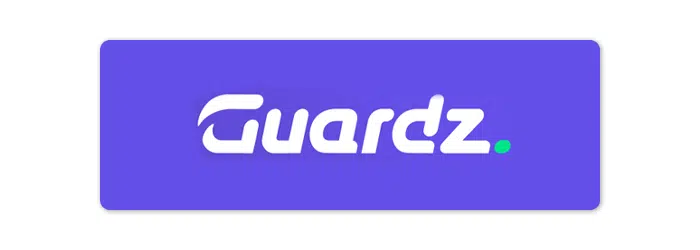
Guardz
Cyber insurance is a specialized policy designed to protect your business from evolving cyberattacks, data breaches, and financial loss. Just like you insure your physical assets, your online presence deserves protection, too. With Guardz, small business startups can gain complete cyber protection with tailored coverage at the right price.
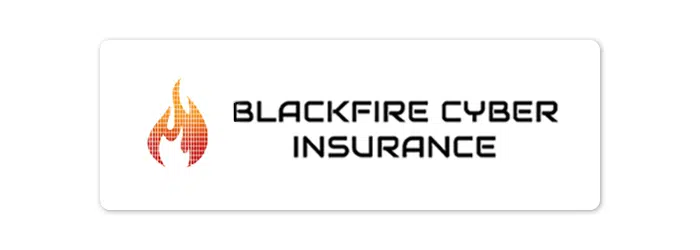
BlackFire
BlackFire Cyber Insurance specializes in comprehensive cyber coverage to protect businesses from online threats. This insurance is critical for defending against cyber threats, data breaches, and other digital risks.

8. General Liability Insurance
A cornerstone of business insurance, general liability insurance provides broad protection against third-party lawsuits alleging bodily injury, property damage, or harm to reputation.
This universal coverage is a must-have for all businesses to shield against the litigious aspects of operating in today’s society.
- Who needs it: Startups that have a storefront or interact with clients
- Why you need it: Accidental injuries or property damage
- What it covers: Lawyer’s fees, court costs, settlements, judgments
Where to get it:

Vouch
Vouch’s general liability insurance protects startups against basic operational risks, such as third-party injuries or property damage caused by your products or services. This insurance is essential for startups as it covers unexpected expenses like medical bills and legal fees if someone gets hurt or their property gets damaged because of your business activities.

Embroker
Embroker’s general liability insurance protects your business against property damage and bodily injury claims and covers associated legal costs. It’s essential for nearly all business owners, especially when facing legal challenges, and includes coverage for various liabilities, including customer injuries and property damage. It is ideal for startups looking for comprehensive and customizable coverage.

Next
Next’s general liability insurance is tailored for various industries, protecting against common risks like slip-and-fall injuries, property damage, and legal fees. Businesses of all sizes must guard against financial losses from lawsuits and accidents. This insurance supports businesses from construction to retail, offering peace of mind and helping them comply with client and lease requirements.
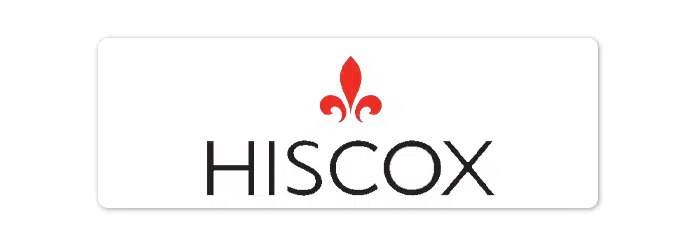
Hiscox
Hiscox covers you against various risks, ensuring peace of mind as your business grows. Hiscox offers customized business insurance, including professional and general liability, for small businesses and independent professionals.

9. Business Income Insurance
Also known as business interruption insurance, this policy protects against revenue loss when your business cannot operate as usual due to a natural disaster, pandemic, accident, or criminal act. It covers lost income, rent, payroll, and taxes, helping your business to survive through challenging times.
- Who needs it: Startups that have a storefront or interact with clients
- Why you need it: Unforeseen mishaps such as fire, vandalism, or weather event
- What it covers: Loss of revenue during a business shutdown from a covered event
Where to get it:

Next
Next insurance’s business income insurance helps keep your startup running if forced to close temporarily. It’s part of their broader goods, gear, and inventory insurance, safeguarding against lost income and added expenses due to property damage or loss. This insurance is vital for startups to maintain operations after unexpected events like fire or water damage. It covers lost income, extra expenses, employee wages, and relocation costs.

Insureon
Insureon allows small business owners to compare business income insurance quotes from top-rated companies easily, buy policies, and manage their coverage online. Suppose your business is ever forced to close due to events like fires or vandalism. This insurance covers your ongoing costs and lost revenue during these unexpected shutdowns, ensuring your business can survive and recover.

10. Commercial Umbrella Insurance
Commercial umbrella insurance protects large businesses or those at risk of significant legal claims. It kicks in where your other liability coverage maxes out, covering large lawsuit settlements exceeding your primary policies’ limits.
- Who needs it: Startups that require higher than standard policy limits
- Why you need it: Expensive lawsuits that max out your general liability insurance
- What it covers: Provides additional coverage for claims made on general liability, commercial auto, or workers’ compensation insurance
Where to get it:

Embroker
Embroker’s commercial umbrella Insurance provides additional liability protection beyond your existing policies, covering incidents that exceed primary insurance limits. Think of it like an extra safety net for your new business. If a big, unexpected expense comes up and your basic insurance isn’t enough to cover it, this policy kicks in to help out.

The Hartford
The Hartford’s commercial umbrella insurance offers extra protection beyond existing liability policy limits, covering significant legal, medical, and damage costs that exceed base policy limits. This added layer helps manage unforeseen costs that surpass your primary insurance coverage.

11. Key Person Insurance
This policy compensates for losing a crucial figure within your business, covering lost income, finding a replacement, or other related expenses. It’s corporate-owned life insurance (COLI) you can take out on your most valuable employees. The business usually pays the premiums and is the policy’s beneficiary. If your key employee dies, the company receives the insurance payout.
- Who needs it: Startups with highly specialized or critical employees
- Why you need it: Injury or death of a key employee
- What it covers: Pay off debts, offset operating expenses, supplement lost revenues until a replacement is hired
Where to get it:

Embroker
Embroker’s key person insurance is designed for businesses to insure crucial team members whose absence could impact the company’s operations or value. It covers life and disability risks for essential figures within your organization. If your business relies heavily on one or two key individuals, this insurance can protect against financial loss if those individuals can no longer contribute due to unforeseen events.

Nationwide
Nationwide’s key person insurance protects your startup by covering losses if a vital team member can’t work anymore. It’s essential for keeping your business stable and secure if a vital employee suddenly leaves or cannot work.

12. Directors & Officers Insurance
Directors and officers (D&O) insurance shields your company’s leadership from personal financial losses due to lawsuits related to their corporate governance activities. This protection is essential for attracting and retaining top talent in your executive team and board of directors.
- Who needs it: Startups with a board of directors
- Why you need it: Attract and retain top talent; it’s expected
- What it covers: Lawyer’s fees, court costs, settlements, judgments
Where to get it:

Vouch
Vouch specializes in directors and officers (D&O) insurance, covering the personal liability of directors and officers serving on a company’s board. For startups, D&O insurance can protect personal assets and attract talented leaders to serve on your company’s board.

Embroker
Embroker’s directors & officers (D&O) Insurance provides coverage against legal actions for alleged wrongful acts of a company’s directors and officers. It’s crucial to protect the personal assets of your company’s leaders from lawsuits, which could arise due to decisions they make. Embroker makes the process of selecting the right amount of insurance easy.
Conclusion
Before you start buying insurance policies left and right, assess your business needs thoroughly, possibly with the assistance of an attorney. A lawyer can help you identify the essential coverage you need and what you can live without.
Shopping around and getting quotes from different insurance companies will get you the best offers and ensure your business is adequately protected.
Remember, while insurance is an additional cost, its financial protection against potential lawsuits and disasters is worth the time and money it takes to get it right.
Editor’s Note: Want more handpicked content to help you build your business? Subscribe to our monthly newsletter


